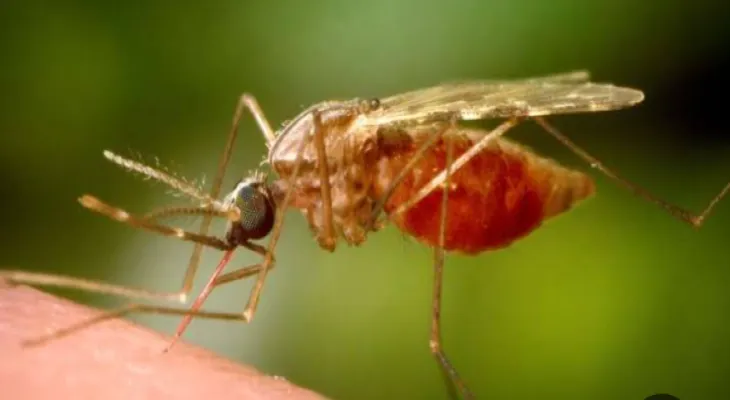Search here
Newspaper
Search here

Arab Canada News
News

Published: May 26, 2024
A number of Canadian cities are witnessing a state of concern due to rising temperatures and the spread of strange types of mosquitoes that cause many infectious diseases that may spread in the country.
Researchers have revealed that groups of strange mosquito species that can carry diseases such as dengue fever and yellow fever have become established in parts of Ontario.
Scientists have indicated that they are also concerned that climate change will increase the risks of microbial diseases associated with food contamination and warm weather.
The Canadian Ministry of Health announced that symptoms range from rashes and headaches to severe joint pain and memory loss. In rare cases, it can lead to death due to heart infections.
A federal report confirmed that there were 3,147 cases of Lyme disease in Canada in 2021, up from 266 cases in 2011.
The report noted: “This (increase) occurred partly due to changes in climate, which contributed to the increase in abundance and geographical range of black-legged tick populations in central and eastern Canada,” adding that about 1 percent of Lyme disease cases in Canada were contracted outside the country.
Victoria Ng, a senior scientific resident at the Public Health Agency of Canada, stated: “The weather in Canada used to act as a barrier against many warm-weather diseases, such as dengue fever, Zika virus, malaria, and yellow fever, which are carried by certain types of mosquitoes. But conditions are changing.”
A report from the British Columbia Center for Disease Control in 2023 indicated that two species of tick-borne parasites, Babesia odocoilei and Babesia microti, have recently emerged as pathogens in the province. They cause babesiosis, a disease with flu-like symptoms.
It added, “Climate change is expected to facilitate the presence of these tick-borne diseases.”
Stefan Iwasawa, a vector specialist at the British Columbia Center for Disease Control, agreed that rising temperatures could create favorable conditions for ticks to increase in numbers.
Iwasawa stated: “So, with these warmer temperatures increasing, as you go north, it won't just expand tick habitats, but it will also increase the habitats for a host of hosts,” referring to including mice, deer, and raccoons.
Comments